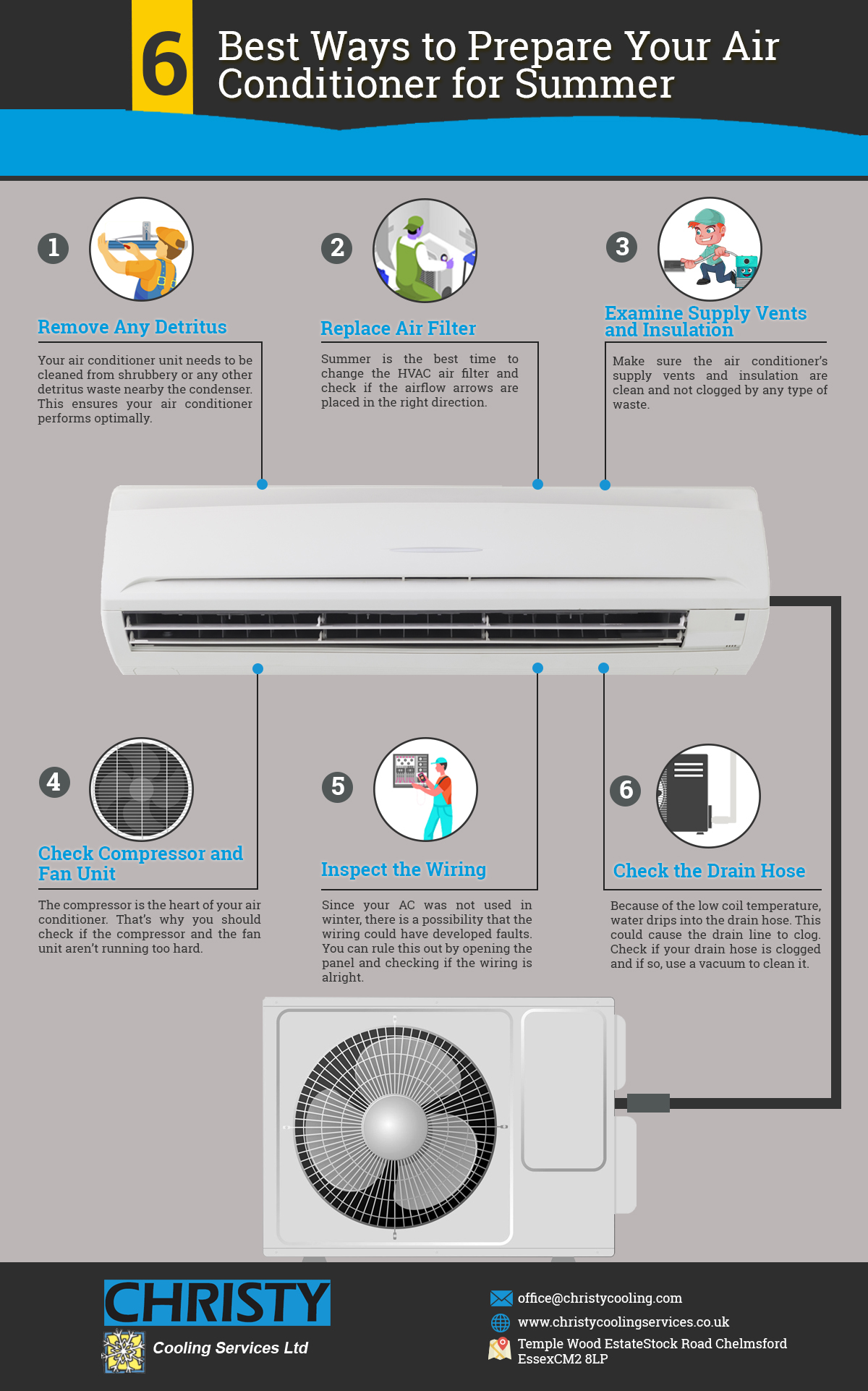Understanding The Impacts Of Weather Condition On Heatpump Performance And Just How To Mitigate Them
Understanding The Impacts Of Weather Condition On Heatpump Performance And Just How To Mitigate Them
Blog Article
Material Author-Creech Termansen
When it comes to your heat pump, weather plays a vital duty in its performance. From freezing temperatures to sweltering heat, each element can influence exactly how effectively your system operates. But what can you do to deal with these weather-related challenges and guarantee your heat pump is working at its ideal? Keep tuned to discover useful suggestions and strategies to optimize your heat pump's performance, no matter the weather it deals with.
Climate Elements Affecting Heat Pump Performance
Climate aspects have a considerable impact on the performance of heatpump. One essential aspect is temperature. Heatpump function by moving warmth from outside to within throughout winter and vice versa in summer. As temperatures drop, it comes to be harder for the heat pump to extract warm from the outside air, minimizing its efficiency.
Another crucial element is moisture. High humidity degrees can make it more tough for the heat pump to release warmth throughout the cooling process.
Furthermore, wind speed contributes. Strong winds can dissipate the warmth soaked up or launched by the heatpump, affecting its general efficiency.
Tips for Optimizing Heat Pump Performance
To improve the effectiveness and durability of your heat pump, applying a few key methods can make a significant difference in its efficiency.
Firstly, make sure regular maintenance by cleaning or replacing filters every 1-3 months to avoid air flow clogs and maximize air movement. In addition, schedule yearly professional inspections to identify and attend to any kind of possible problems beforehand.
Optimal thermostat settings likewise play a crucial function. Throughout the wintertime, go for a temperature setup that's as reduced as comfy, and during the summer season, established it as high as comfy to minimize the work on your heat pump. Making use of a programmable thermostat can help you immediately change settings based upon your timetable.
In addition, sealing leaks in ductwork and protecting air ducts in unconditioned rooms can prevent energy loss and enhance general system performance.
Finally, consider setting up a smart thermostat that can discover your behaviors and adjust setups appropriately, further enhancing your heatpump's efficiency. By https://www.achrnews.com/articles/144650-hvac-preventive-maintenance-and-homeowners to these tips, you can ensure your heat pump runs successfully and efficiently throughout the year.
Best Practices for Weatherproofing Your Heatpump
For optimum performance and efficiency of your heatpump, implementing weatherproofing actions is essential. Start by securing simply click the up coming website page of gaps or splits around doors, windows, and ductwork to avoid warmth loss and preserve a constant indoor temperature.
Insulate exposed pipes and air ducts to stop cold during cold weather and make certain proper airflow. Consider setting up a safety cover over the outdoor unit to secure it from rough climate aspects like snow, ice, and particles.
On a regular basis clean the outside device to remove dust, leaves, and particles that can obstruct air flow and decrease performance. Furthermore, maintain the area around the heat pump clear of snow, ice, and vegetation to permit proper ventilation.
Conclusion
Since you recognize how weather affects your heatpump performance, you can take aggressive steps to optimize its efficiency. By complying with the suggestions laid out in this write-up, such as routine upkeep, thermostat adjustments, and weatherproofing actions, you can ensure that your heat pump runs at its finest no matter the weather. Remain successful and maintain your home comfortable all the time.
